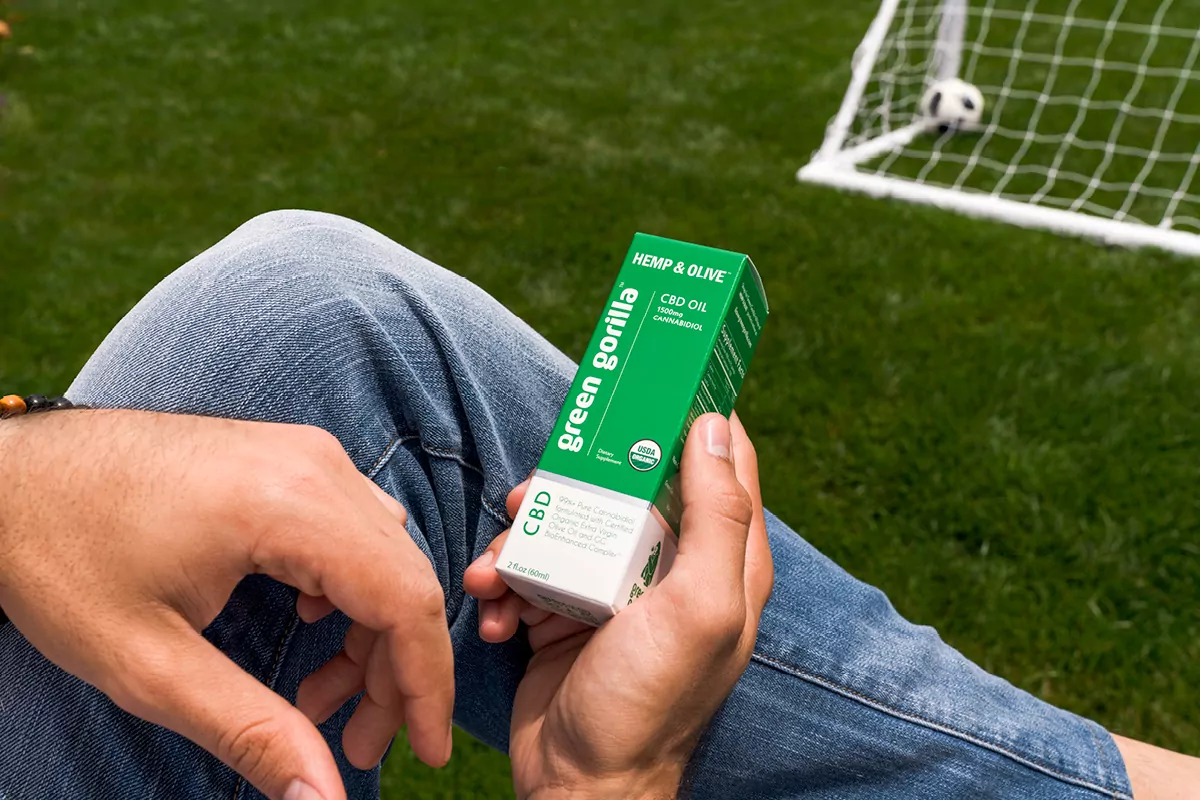
How is your vision lately? Is it hard to see at night? Need brighter lights? Is that fine print getting smaller? Is that color green or aqua? And the glare….oh my!
Ok, those are the obvious concerns we all deal with when looking for answers for our visual needs. But did you know healthy vision means more than wearing glasses and being able to read fine print?
Let me ask you this: have you ever asked yourself why you are feeling more depressed lately? Have you been alone more? Not interested in past hobbies? Making excuses to get out of enjoying friendships? Not as active? Scared and anxious all of a sudden? Do you wear the same outfit or the same colors because it takes little effort? Nothing has changed in your life, and nothing out of the ordinary to cause that situation. SO WHAT IS HAPPENING TO ME? “I know I’m just getting older, right?” You are CORRECT! But not the way you think. Because of the decline of your vision, your cognitive ability and mental state will also start declining.
You know the old saying, “If you don’t use it, you lose it?”
How true!
That’s what happens when vision or hearing is impaired. When you see clearly, your vision is interpreted and processed by the brain via the eye. When the vision becomes impaired, your brain becomes less utilized, resulting in less brain activity in that particular area. Therefore that part of the brain diminishes. Your brain then reorganizes itself or adapts to the change.
This brings up mental health issues. Vision loss is linked to loneliness, social isolation, and feelings of worry, anxiety, and fear. There is a close correlation between depression and loss of sight, even in younger individuals. Interestingly enough, it has been found that when Alzheimer Patients wore glasses to correct their vision, they became more cognitively competent.
Other common disadvantages of our Golden Years are:
- Not being able to read road signs clearly
- Difficulty of close reading like your car panel, road maps, and instruments
- Difficulty in judging distance and speed
- Problems seeing in low light during fog, rain, and at night
- Trouble adapting to bright sunlight or the glare from headlights
- Loss of side vision, poor depth perception, and Presbyopia (farsightedness caused by the loss of elasticity of the lens of the eye primarily in people over 40)
What causes aging vision to decline? Some vision decline is due to genetics and can be tested at an eye exam just by swabbing the inside of your cheek. Of course, this is done when a genetic issue is in question, such as macular degeneration. Your eye is complicated. It has layers, and as you age, those layers decline. For example, when our muscles in our eye have difficulty focusing from near to far, it is impaired but can be corrected with glasses or contacts.
There are other signs of physical decline in our eyes, such as side vision or peripheral vision. Fading color vision. Certain colors are harder to distinguish from one another, which is usually common with cataracts or macular degeneration. Light sensitivity is a common complaint and is often caused by dry eyes. Our tear production lubricates our eyes and becomes reduced, resulting in dry eyes. Floaters are specks or spots on your eyes due to the protein gel substance breaking down and becoming more fluid-like. Those are all age-related and due to physical decline of the eye. Diseases can cause vision loss, like glaucoma, diabetic retinopathy, age-related retinal deterioration, and thyroid eyes.
Can any age-related decline or eye diseases be prevented? Tune in next week the learn the answer and practical pointers on what to do about it.
Be well,
Sandy Fidler, Wellness Coach







